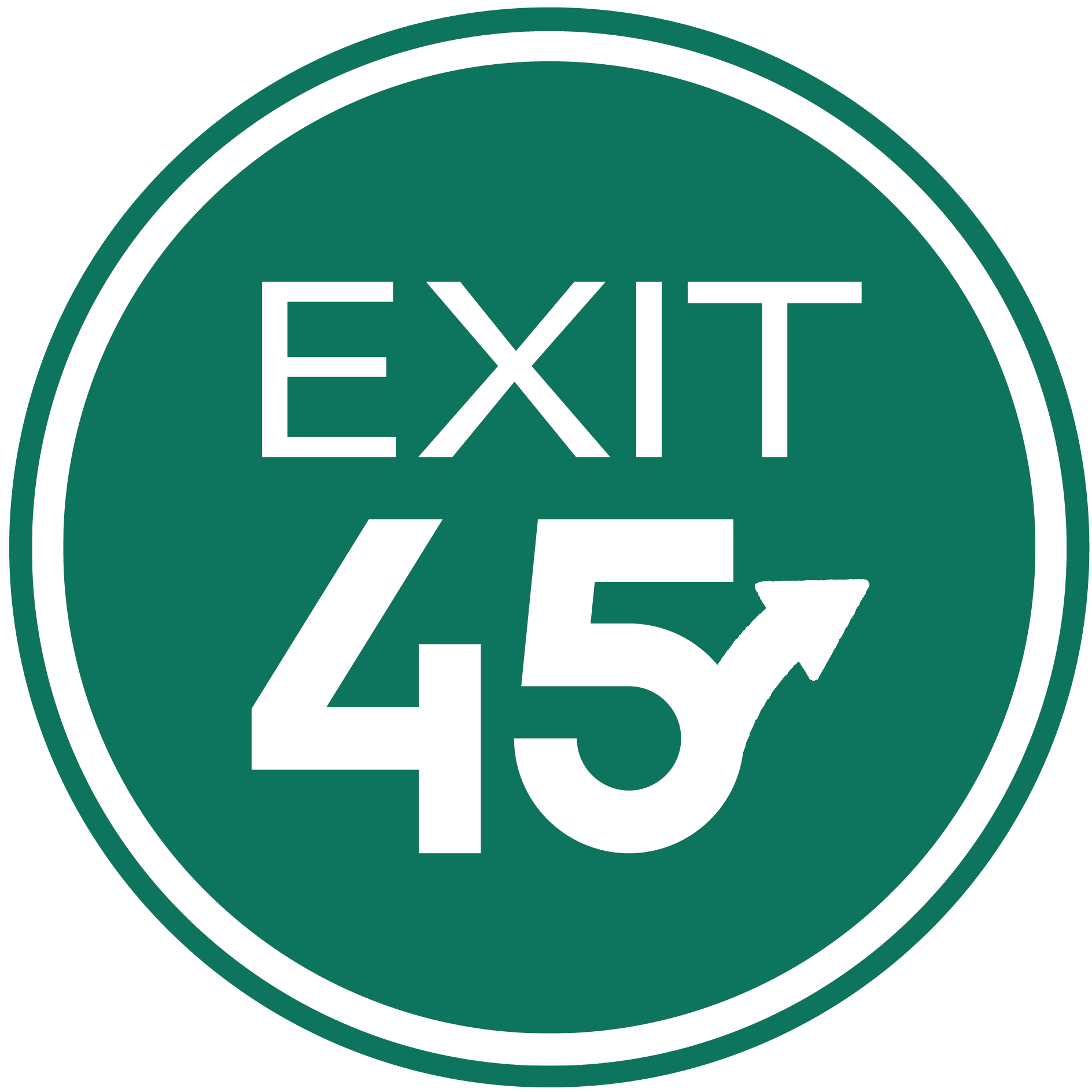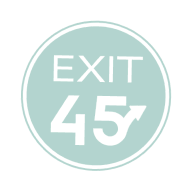66 Obstacles to a Successful Business Sale
In the last issue (#22), we examined Customers, Suppliers and Competitors as Buyer Prospects. This issue identifies 66 Obstacles to a Successful Business Sale.
"When it is obvious that the goals cannot be reached, don't adjust the goals, adjust the action steps." Confucius
66 Obstacles to a Successful Business Sale
There are at least 66 reasons only 20-25% of small businesses are ever sold. To successfully sell your business, you should be aware of the following 66 obstacles that might be encountered and should be overcome or disclosed.
1) Business Owner’s Failure to Plan for a Sale
2) Inadequate Seller’s Discretionary Earnings (SDE)
3) Low or Inconsistent Gross Margins
4) Inadequate Marketing and Sales Efforts
5) Owners With Unrealistic Price Expectations
6) Business Acquisitions that Cannot be Financed
7) Owners Unwilling to Provide Partial Financing
8) Owners Who Cannot Afford to Sell
9) C-Corporation Tax Implications
10) Inadequate Recordkeeping / Accounting Systems /
Financial Reports
11) Inadequate Second-Level Management
12) Customer Concentration Issues
13) Asset Value too High vs. Return on Investment
14) Real Estate Value too High vs. Return on Investment
15) Large Working Capital Requirements
16) Excessive Personal Expenses and Skimming Cash
17) Burned-Out Owner Ruins Business Value
18) Owners Who Try to Sell the Business Themselves
19) Owners Who are not Committed to a Sale
20) Choosing The Wrong Intermediary
21) Trust Issues from Inadequate Disclosures before Due Diligence
22) Inadequate Preparation for Due Diligence
23) Losing Focus – Business Decline during Sale Process
24) Lack of Flexibility in Negotiations
25) Sellers’ Lack of Emotional Control
26) Sellers Don’t Understand Buyers’ Motivations
27) Owners Don’t Sell Business’ Growth Potential
28) Difficulties Transferring the Facility Lease
29) Real Estate Transfer Issues
30) Bad Timing – Waiting too Long to Sell
31) Confidentiality Breach and Employee Suspicion
32) Lack of Required Approvals from Stakeholders
33) Unproductive Assets
34) Owners Forced to Sell Due to Factors Beyond their Control
35) Trying to Sell to Someone Who Doesn’t Want to Buy (Competitors)
36) Seller Fails to Plan for Life after the Sale
37) Sellers without a Business Plan
38) Sellers Unwilling to Use Professional Advisors
39) Not Involving Professional Advisors Soon Enough
40) Overprotective Professional Advisors
41) Professional Advisors’ Potential Conflict of Interest
42) Intentional Misrepresentation by Seller
43) Sellers’ Impatience with Sale Process
44) Inflexibility in Structuring a Deal
45) Not Believing Time is of the Essence
46) Failure to Facilitate Closing on a Timely Basis
47) Sellers Surprised by Tax Implications
48) Failures in Negotiating Representation and Warranties
49) Failures in Negotiating Non-compete Agreements
50) Failures in Negotiating Terms of Seller Financing
51) Nit-picking in Negotiations
52) Technological Obsolescence
53) Lack of Compliance with Regulations
(Environmental, Health/Safety, Taxes, etc.)
54) Lack of Compliance with Regulatory Authorities
(Franchisors, Licensors, etc.)
55) Unresolved Legal Issues
56) Environmental Risks
57) Employee/Labor Problems
58) Pension Plans and other Post-Employment Issues
59) Changes in Competitive Threats or Business Environment
60) Lack of Chemistry between Buyer and Seller
61) Lack of Barriers to Entry
62) Problematic Vendor Relationships
63) Accounts Receivable Collections Issues
64) Undisclosed Liabilities and Debts
65) Poor Location
66) Sellers’ Unwillingness to Stay for a Transition Period
At the rate of 11 obstacles per newsletter issue, in the next six issues we’ll provide a brief synopsis of each obstacle.
"You have to go understand that life and baseball is littered with all kinds of obstacles and problems along the way. You have to learn how to overcome them to be successful in life." Dave Winfield
Overcome the Power of Inertia
Overcome the Power of Inertia and call a business broker for a free consultation. Many brokers offer no-charge, no-obligation evaluations of small businesses. They can provide a broker opinion of value and help you identify obstacles to a successful sale as well as opportunities for improvement to increase the value of your business. That is a great way to start planning for a successful and profitable exit from your business.

